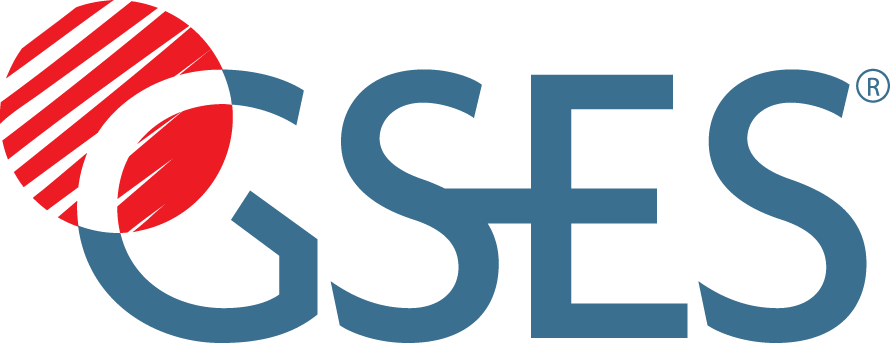
The third annual Philippine Solar Summit was held last week at the SMX Convention Centre in Manila. The summit and exhibition was organised by the Philippine Solar Power Alliance in partnership with the National Power Corporation and consisted of a three-day exhibition (15–17 August) and a one-day conference (16 August). There were 20 stands on solar products at the exhibition (which also featured other ‘green’ products, such as electric motor bikes, organic food, etc.), and 150 people were registered to attend.
The Summit was opened by the Secretary of Energy, Carlos Jericho L. Petilla, who said that the Department of Energy has a target of 285MW of solar by 2015. Although the Philippines signed a renewable energy act in 2008, it has been slow in implementation; for example, the Feed-in Tariff was only introduced in July 2013.
Speakers at the conference ranged from Government officials and project implementer to consulting companies, bankers and utilities experts. Topics covered included:
- off-grid systems, such as solar lighting systems and large hybrid systems
- roof-top solar systems
- the release of technical interconnection standards, which have been developed through funding from GIZ
- banks that provide finance for solar systems
- the aims of the Department of Energy in relation to providing power to all households in the Philippines.
One of the key issues raised by attendees was the large amount of paperwork required to apply for installing a solar system to obtain the tariff, and that the tariff is only 5 pesos (~$0.12 AUD) per kWh. This is a low figure compared with the cost of power generation at peak periods and doesn’t reflect the fact that solar produces during the peak demand period.
Geoff Stapleton, Director and Principal Consultant of GSES, was invited to talk at the summit and presented on Capacity Building in the Solar Energy Industry. He explained that a successful industry needs technical standards, training standards, practitioner standards and management standards, and he described the problems that occur when these are not undertaken correctly. He then spoke about how GSES:
- provides a range of professional training courses
- prefers to ‘train the trainer’ to ensure independent local growth of the solar market
- has been involved in the development and promotion of certification and accreditation programs.
He provided examples of what GSES has done in each of these areas and his speech was well-received by the attendees. The Philippine Solar Summit 2013 was interesting and productive and GSES looks forward to the continued development of the solar industry in the country.
